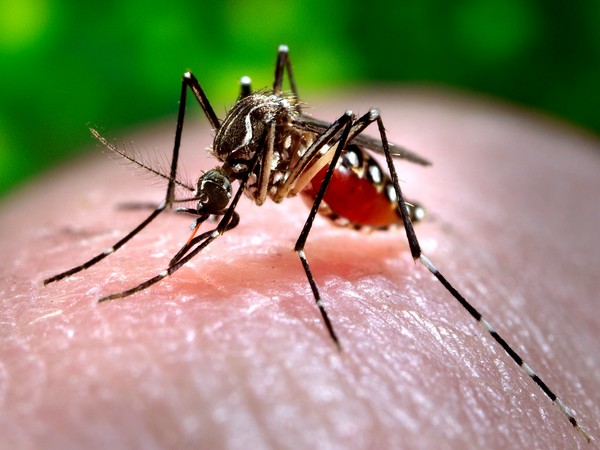Kerala Grapples with Dengue and Fever Outbreak Amidst Rising Cases
The Health Department in Kerala has reported over 1,600 suspected dengue cases this month, with the state also experiencing a surge in fever cases. Malappuram and Thrissur districts are particularly affected. So far in 2024, more than 22,000 suspected dengue cases have been registered.

- Country:
- India
Over 1,600 suspected dengue cases have been reported so far this month, according to a report released on Saturday by the Health Department in Kerala. On Friday, the state reported a total of 1,693 suspected dengue cases this month, of which 493 were confirmed, the Health Department said.
The coastal state has also been witnessing a rise in people seeking treatment for fever, with over 55,000 cases confirmed this month. The state also reported that on Friday there were a total of 11,438 fever cases, along with 330 suspected dengue cases, of which 109 were confirmed.
The Malappuram district saw the highest number of fever cases, with 2,159 patients seeking treatment and among the suspected dengue cases, Thrissur district registered the highest number of cases with 62. Idukki district saw the highest number of confirmed cases of dengue, with 31 cases.
In 2024, so far, 22,959 suspected dengue cases were registered, out of which 8,495 were confirmed. In cases of fever, 12,57,900 cases were registered in 2024. A total of 22 people have lost their lives due to dengue in the state, with seven more deaths due to fever.
The number may vary at the moment, as the Health Department published these figures on their website after a delay of five days. Recently, the Kerala government had a meeting under the leadership of Chief Minister Pinaray Vijayan on the issue related to amoebic meningoencephalitis, which caused two deaths and one hospitalisation in the state this month.
Even though it is a rare disease that affects 2.6 out of 10 lakh people, amoebic meningoencephalitis is caused by an amoeba called Naegleria fowleri, which affects the brain. It is a non-communicable disease and is spread by stagnant or running water sources. (ANI)
(With inputs from agencies.)










